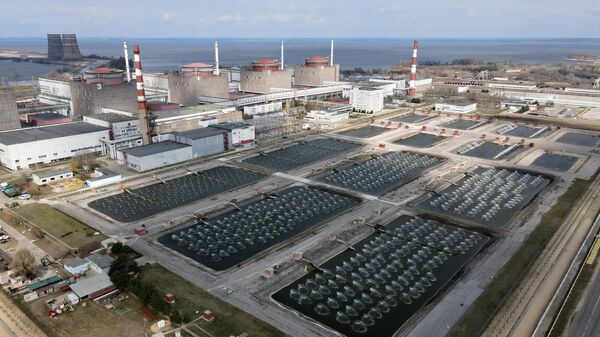MEPs urge action against Russia’s 'phantom fleet,' calling for stricter checks, penalties, and a total ban on Russian fossil fuel imports to curb sanction evasion and safety risks.
MEPs adopted a resolution on Thursday aimed at limiting Russia's ability to export crude oil using obsolete ships, thus evading EU and G7 sanctions.
It is part of a broader effort to crack down on Russia's evasion of Western sanctions. The European Parliament is urging the EU and its Member States to act against Moscow's so-called "phantom fleet."
The resolution calls on the EU’s 27 Member States to strengthen inspections and controls using drones and satellites, and to penalise any ships sailing in European waters without proper insurance.
MEPs also called for a complete ban on all imports of Russian fossil fuels, including liquefied natural gas (LNG).
Evading Western sanctions
To limit Russia's financial capacity and its ability to fund the war in Ukraine, the EU and G7 set a price cap on Russian oil in 2022, fixing the limit at $60 (€57) per barrel.
In response, Moscow has invested around €9 billion in a "phantom fleet" of outdated, poorly maintained ships — many over 20 years old and often uninsured — to make them harder to trace. These vessels often sail under foreign flags, including those of Gabon, the Cook Islands, Panama, and Liberia.
This tactic isn’t new — countries like Iran, Venezuela, and North Korea have also used shadow fleets. However, MEPs highlight that Russia’s operation stands out for its scale and sophistication.
The main destinations for these Russian ships are India, China, and Turkey, where the oil is refined and re-exported to Europe as by-products, effectively bypassing sanctions.
"Around 600 ships in this phantom fleet mainly operate in the Baltic and Black Seas," explained MEP Rasa Jukneviciene (EPP).
Some reports estimate the "phantom fleet" at 1,400 vessels, which, according to the Kyiv School of Economics, would allow 70% of Russian oil to be exported by sea.
Moscow uses various tactics to evade detection. Oil transfers take place between different ships on the high seas, and the crude is often mixed with other oils to obscure its origin. Ships may also disable their Automatic Identification System (AIS) transponders, hiding their location, or transmit false data to avoid surveillance.
These practices pose risks to maritime safety, increasing the chances of collisions and oil spills, which could impact several European countries.
"We are calling for a ban on these dangerous ship-to-ship transfers, as well as additional funding for rapid response capabilities (in the event of an oil spill) because each day of delay will cost billions of euros," said MEP Martins Stakis (Greens).
The European Parliament also warns that the "phantom fleet" could threaten European security, potentially being used in hybrid operations against the interests of Member States.

 5 months ago
43
5 months ago
43






 We deliver critical software at unparalleled value and speed to help your business thrive
We deliver critical software at unparalleled value and speed to help your business thrive






 English (US) ·
English (US) ·